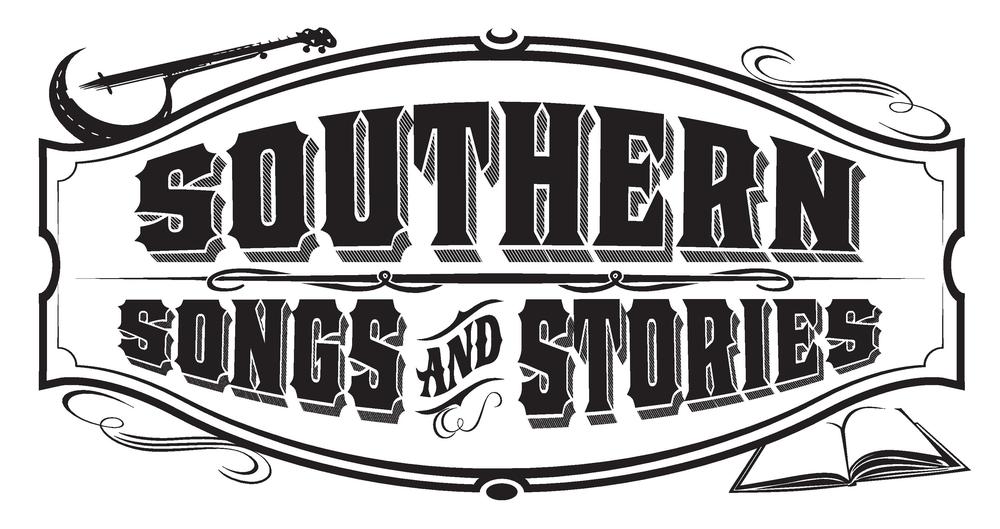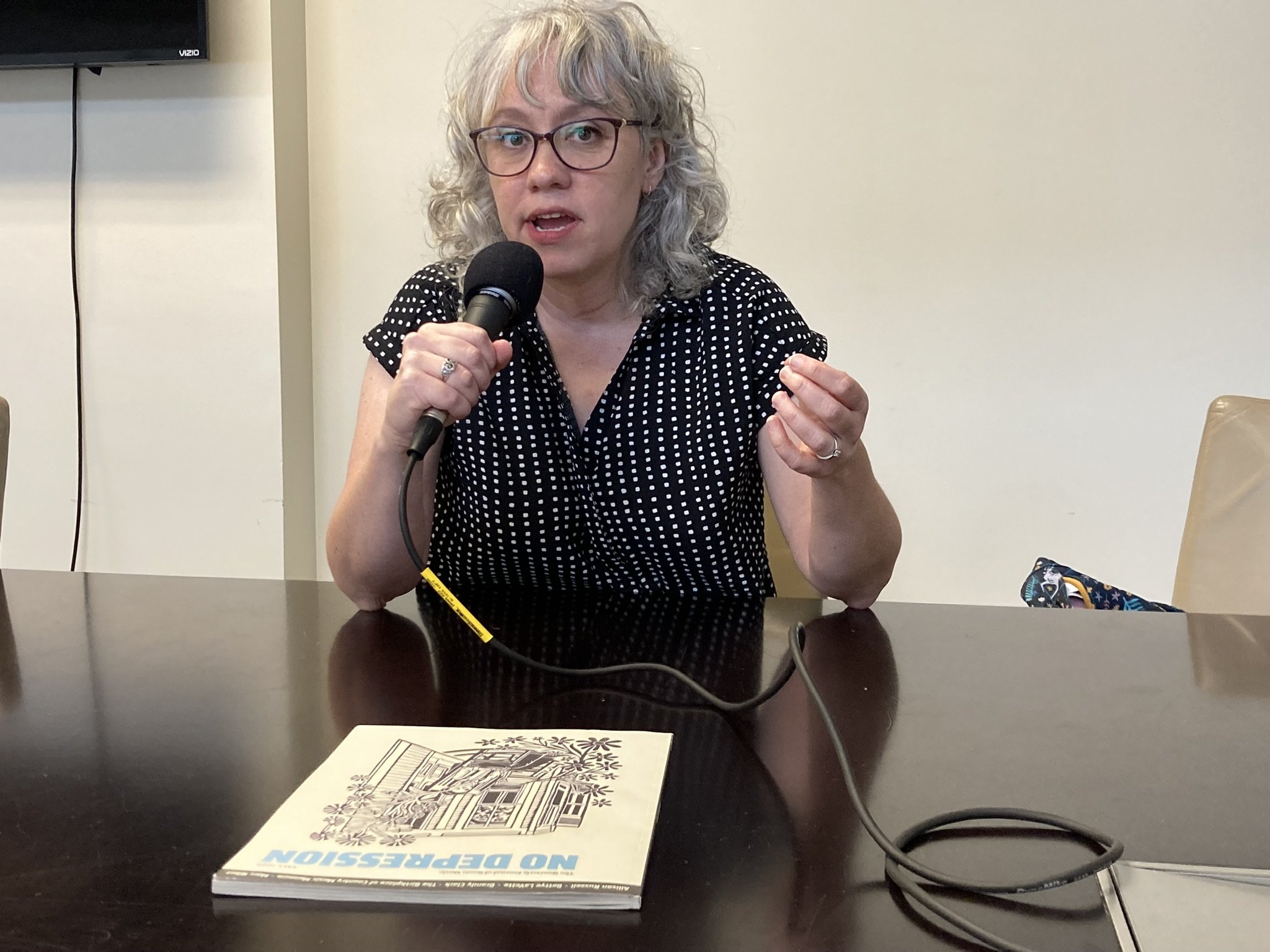When was the last time you picked up a book or a magazine instead of going to your smart phone or computer to read about music? I admit that, like so many of us these days, my first instinct is to scroll through social media or look at websites. The rise of digital media along with the ubiquity of smart phones has been nothing short of dramatic; the subsequent decline of print and other physical media is also impossible to ignore. Roots music journal No Depression, like so many others, went out of print in the midst of that sea change, although it continued online. Eventually it would reemerge, however, with new ownership and a new format as a quarterly publication, while offering a website covering music news as well as articles, columns and reviews. In an era where the expense of printing a magazine is more and more impossible to recoup, No Depression has managed to do just that. It remains as one of only a handful of music publications, and that is remarkable by itself. This is just part of our story here, though, as we welcome Assistant Editor and nodepression.com director Stacy Chandler to this episode of Southern Songs and Stories.
Stacy spoke with me at the end of September, 2023 in Raleigh, North Carolina during the International Bluegrass Music Association’s yearly event. Comprised of a wide ranging music industry conference as well as a music festival, the IBMAs, as it is often called, feature music panels geared towards music artists and professionals, showcase events where attendees can get introduced to new artists, and even Tai Chi classes courtesy of Jim Lauderdale. I was not up at 8 a.m. to take Jim’s classes, but I did take in as much as I could in the whirlwind week of all things bluegrass, including this conversation with Stacy Chandler as well as bluegrass legend Pete Wernick, and both Steve Mougin and Ben Wright, who will be featured in upcoming episodes here.
Stacy Chandler of No Depression interviewed at the IBMA conference 09-30-23
In this episode, we touch on the history of No Depression as well as some of the artists and articles in its current issue, plus we share takeaways from this year’s IBMAs while we examine the bigger picture of bluegrass music in 2023. It is a far ranging conversation which focuses on one of the biggest weeks of the year for the genre, the ways bluegrass has changed over the decades, as well as the parallel story of print journalism in the age of smart phones.
Songs heard in this episode:
“No Depression In Heaven” by The Carter Family
“Thirsty” by Mipso, from Book Of Fools, excerpt
“Slipknot > Casey Jones” by The Waybacks & Friends, from One Way Or Another, excerpt
“Listen To The Radio” by Billy Strings and Molly Tuttle, from More Than A Whisper: Celebrating the Music of Nanci Griffith
Thank you for visiting us and giving this podcast a listen! This series is a part of the lineup of both public radio WNCW and Osiris Media, with all of the Osiris shows available here. You can also hear new episodes on Bluegrass Planet Radio here. Thanks to everyone at the International Bluegrass Music Association for making this episode possible, and to Corrie Askew for producing the radio adaptations of this series on public radio WNCW, and to Joshua Meng, who wrote and performed out theme songs.
This is Southern Songs and Stories: the music of the South and the artists who make it. - Joe Kendrick


